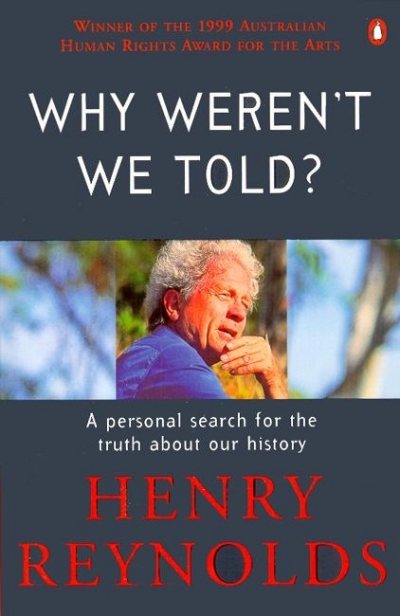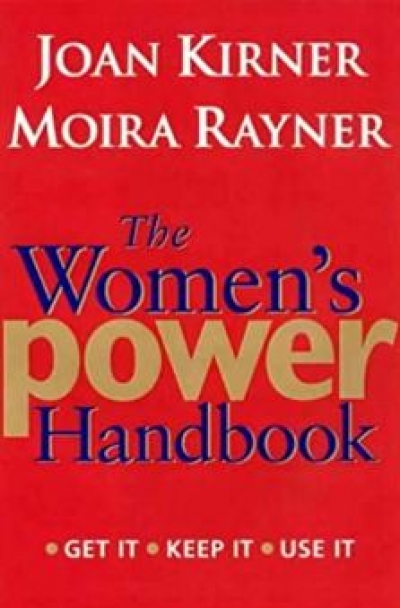Archive
Infinite City by Alex Skovron & Aerial Photography by Joanne Burns
by Jennifer Maiden •
Why Weren’t We Told?: A Personal Search For The Truth About Our History by Henry Reynolds
by Morag Fraser •
The Secret Life of Money: Exposing the private parts of personal money by Valerie Wilson
by Michael McGirr •
The View from Ararat by Brian Caswell & Go and Come Back by Joan Abelove
by Stephen Matthews •
Melbourne Elegies by K.F. Pearson & Body-Flame by Michael Heald
by Martin Harrison •










